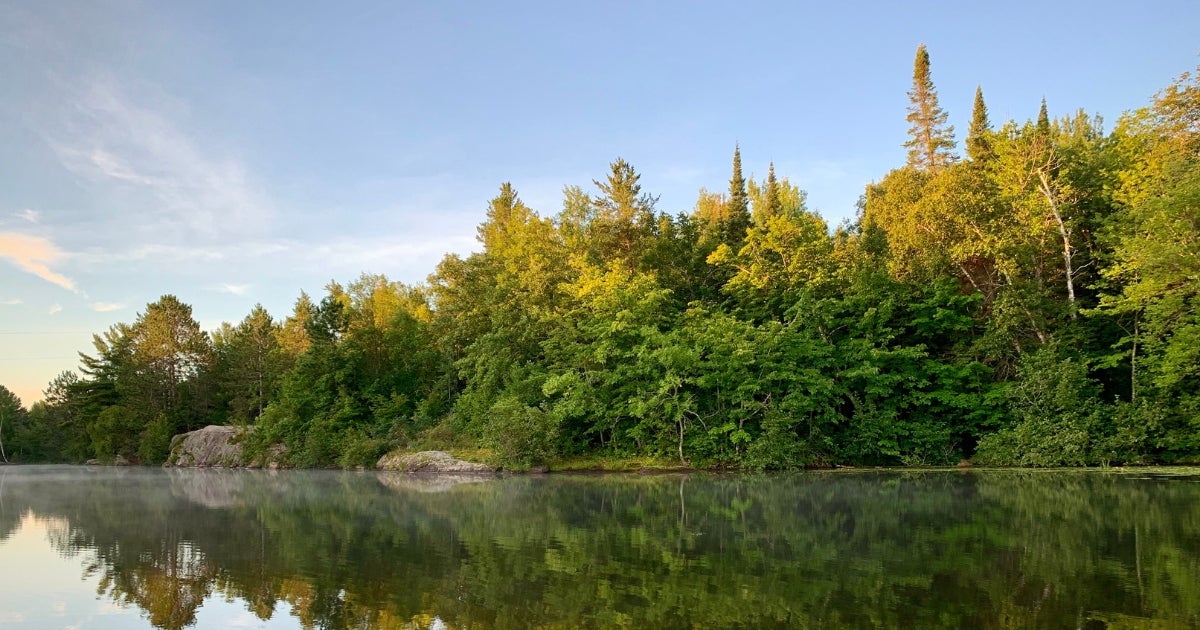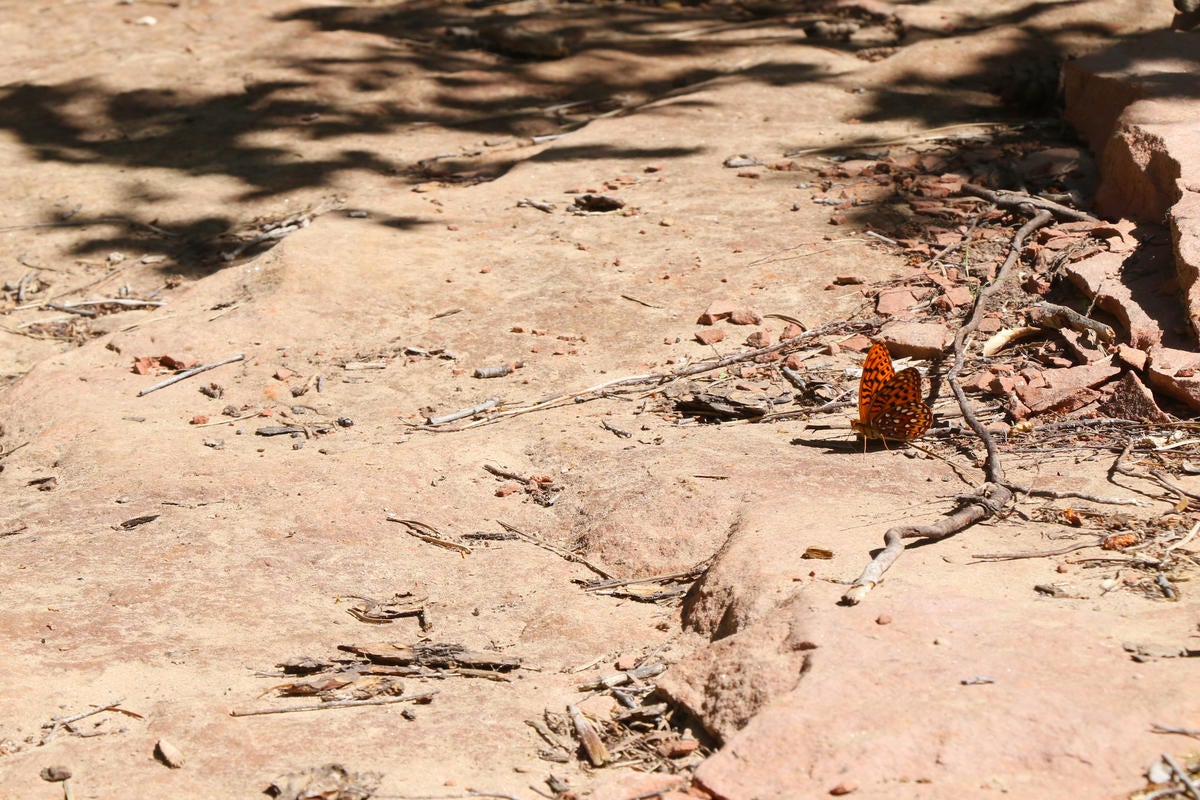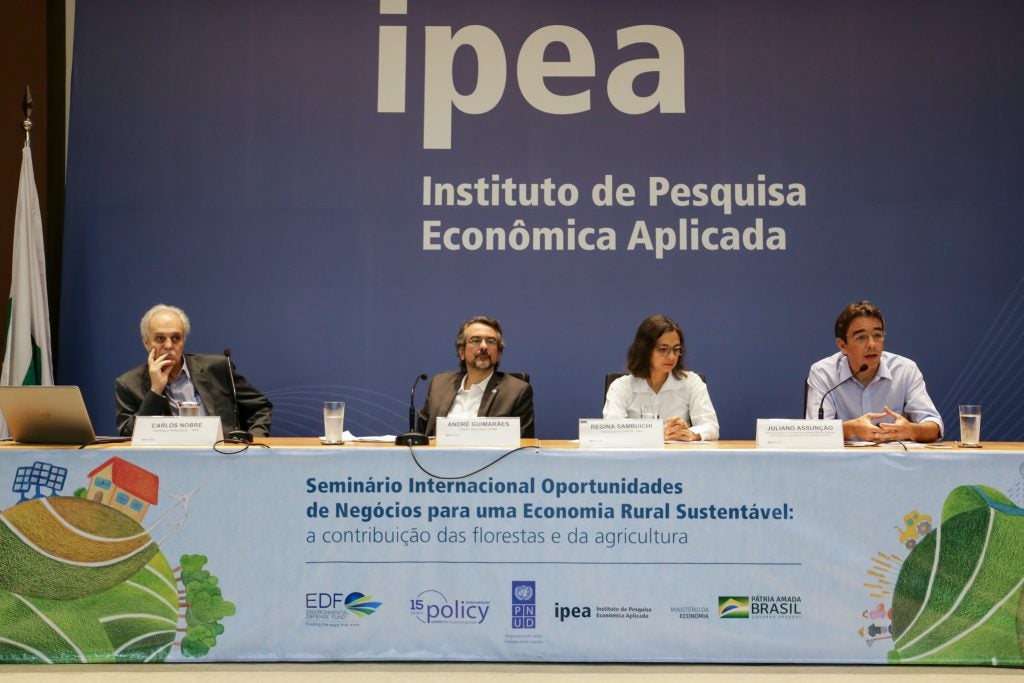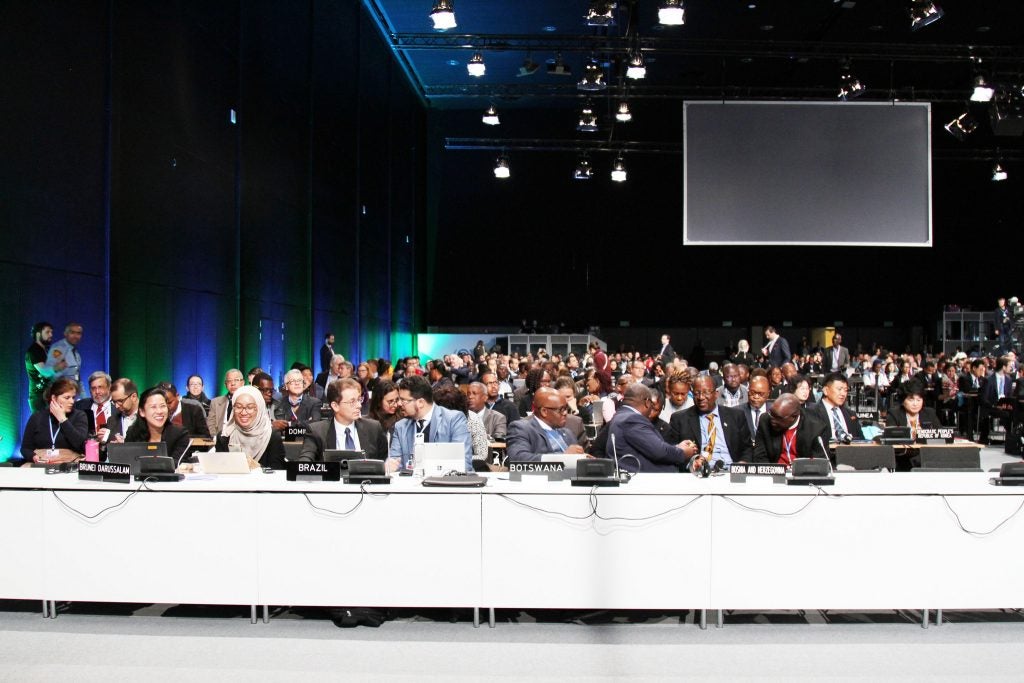After the November election, Minnesota policymakers are now in the best position than they have ever been to take critical steps to put in place policies necessary to tackle climate change. In doing so, they have the opportunity to create good paying jobs, protect communities from harmful air pollution, and secure a safer future for all Minnesotans.
A recent poll, commissioned by EDF Action and conducted by Global Strategy Group, found broad support among majorities of Minnesotans for ambitious climate policies – including those that limit carbon pollution, encourage more use of clean energy, and reduce pollution from specific sectors such as transportation and agriculture. Majorities of Minnesota voters also want the Governor and state lawmakers to do more to support these and other climate policies.
As Minnesota lawmakers prepare for the upcoming legislative session in January, the results of this poll underscore how popular climate action is among the state’s voters. Here are five key polling results:











 Spring is in full swing across the U.S. – flowers are blooming, pollen is blowing – and this means that the 2021 heat wave, hurricane, and wildfire seasons are just around the corner.
Spring is in full swing across the U.S. – flowers are blooming, pollen is blowing – and this means that the 2021 heat wave, hurricane, and wildfire seasons are just around the corner.


